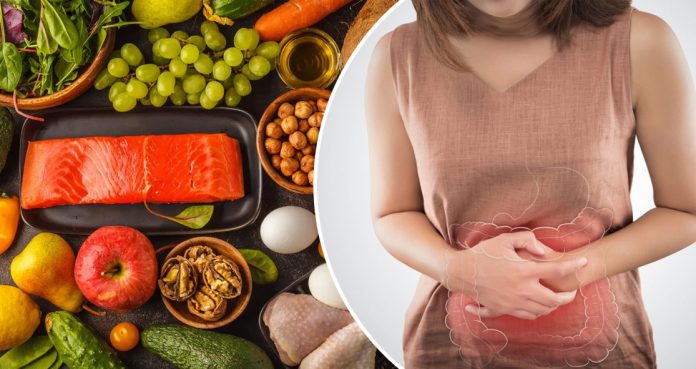The ketogenic diet (keto diet) is famous for weight loss, but it directs to a whole bunch of other side effects on the human body. There were other symptoms associated with the keto diet, including keto flu, keto breath, keto rash, and keto crotch.
Keto constipation is a newly found side effect and if you find yourself backed up on the keto diet, you will need to read this article until the end.
Keto-induced constipation is painful and troublesome for part of the deal for many dieters.
What you can do to get the things running smoothly again?
Barbie Boules, RD, of Longevity Nutrition said, “Anytime you radically change your diet, as you probably would with keto, your gut is going to react because keto is so different from the way people normally eat, it can cause gas, bloating, constipation, and/or diarrhea.”
The main reason behind Ketogenic Diet diarrhea is that the diet contains high-fat percentages, which makes it more common for problems related to bowel movements. On the other hand, the higher amounts of protein present in the diet can lead to constipation. Boules said this is because keto diets are pretty low in fiber, and it makes things even more likely to slow down in your intestines.
Basically, if you are eating more protein, like in keto diet’s case, moderate protein, lots of fat, and way fewer carbs, you need to find other high-fiber sources to balance things out, she explains. The constipation problem occurs when low-carb diets are included in your daily intake, says the nutrition expert. Additionally, most foods that are high in fiber, such as fruits, whole grains, and legumes, are also high in carbohydrates.
If your stomach distress is only moderate and if you are really committed to sticking with ketogenic for a certain amount of period, you can get rid of the problem in less time.
“Eat all the veggies you can—or at least as many as are allowed on the diet, like leafy greens, asparagus, and mushrooms—for roughage Staying really well hydrated and getting enough exercise also helps, and you can try adding a psyllium husk supplement of one or two tablespoons into a glass of water every day,” recommends Boules. When your bowel movements start affecting your daily life, even the promise of weight loss is not worth it because a ketogenic diet might work for some people but it is just not going to work for everyone.























